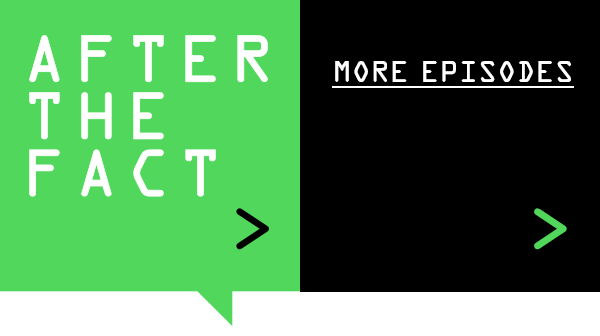Conversations on Science: Do Americans Trust Scientists?
Episode 86

Stat: 35%: The percentage of Americans in 2019 who report a great deal of confidence in scientists to act in the public interest, up from 21% in 2016.
Story: Public trust in science is front and center today as researchers seek to learn more about the coronavirus. In this episode, France Córdova, former National Science Foundation director, discusses confidence in scientific research, and Cary Funk, the Pew Research Center’s director of science and society research, shares survey results on how the public perceives scientists. We’ll also hear from Sudip Parikh, CEO of the American Association for the Advancement of Science, on how speaking with precision and jargon creates separation between scientists and the public.
Related resources:
Most Americans say despite ongoing research, ways to limit spread of COVID-19 are well understood
The Value of Basic Scientific Research
Key findings about Americans’ confidence in science and their views on scientists’ role in society












